Description
Specifications of Black Gaffer Tape 50mm x 50m:
The Black Gaffer Tape roll is 50mm x 50m wide and long, providing a long life (est. 164ft) when used in heavy-duty applications. The backing of the tape is reinforced cloth (polyester/cotton blend) coated with heavy polyethylene. A rubber adhesive with pressure sensing gives excellent holding quality but is designed to peel away. To blend in on the film sets and stage, the tape is matte black (non-reflective).
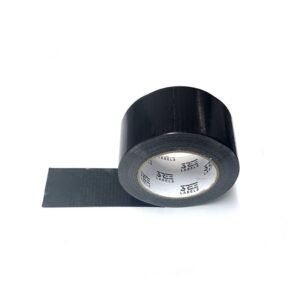
Key specifications include:
- Width: 50 mm
- Length: 50 m (approx. 164 ft)
- Supporting Material: Strengthened cloth, polyethylene coated.
- Glue: Natural rubber pressure-sensitive adhesive (high tack, low residue)
- Colour/Finish: Matte black (non-reflective, low gloss)
- Thickness: ~130 μm (microns)
- Weight: ~0.36 kg per roll
- Tearability: Can be torn off by hand (along the roll and across the roll) easily.
- Water Resistance: Very water resistant (PE backing is moisture-repellent)
- Temperature: Can operate between around -35°C up to +80°C (tape should be able to handle stage light heat to about 150°C in brief bursts)
- Residue: Will leave almost no adhesive residue on surfaces.
Such specs make the black gaffer tape hardy and flexible. High tensile strength of the PE-coated cloth backing (approximately 130 μm thick) enables the tape to resist wear and heavy foot traffic. The rubber adhesive is designed to stick forcefully to wood, metal, plastic, fabric, and painted surfaces and to leave no strip or damage on the surface when removed.
Click Premium Black Gaffer Tape 50mm x 50m for more details.

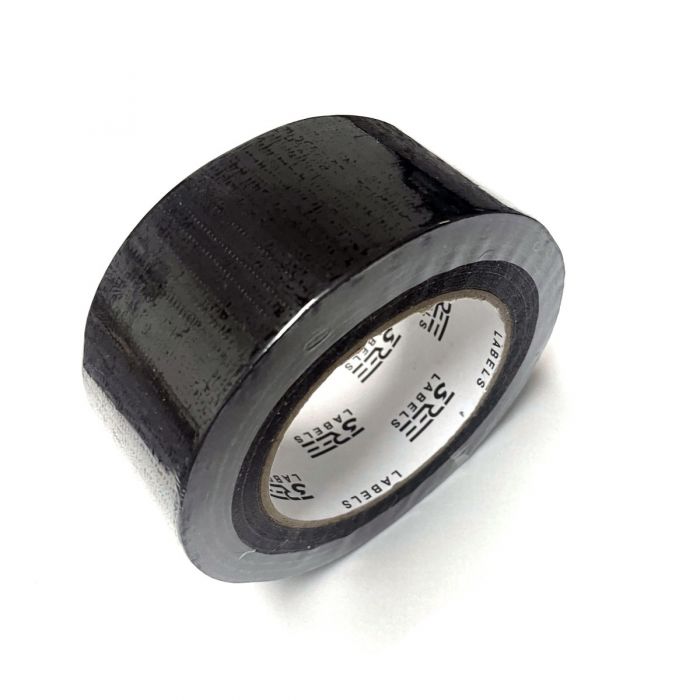
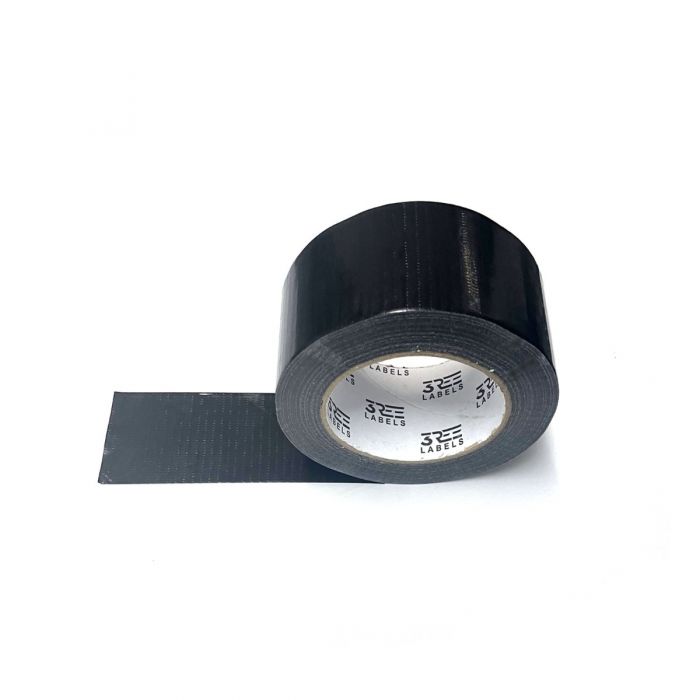
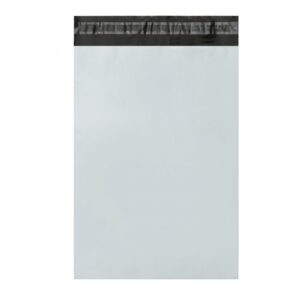
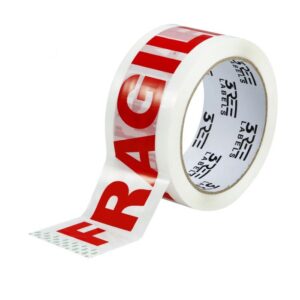

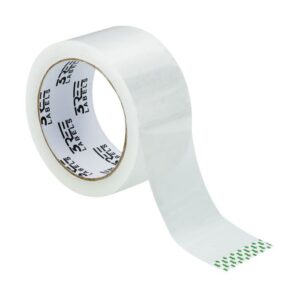
Charla –
Seriously good product.